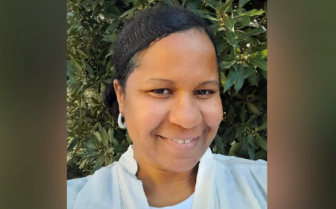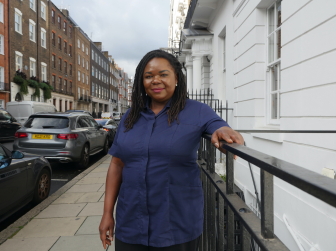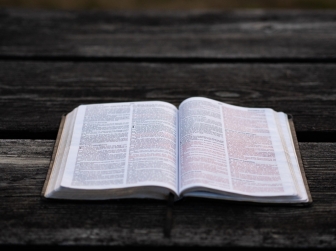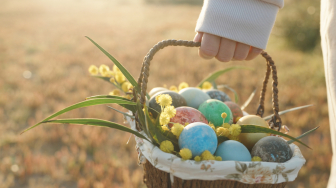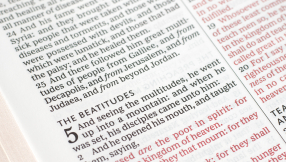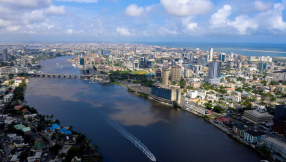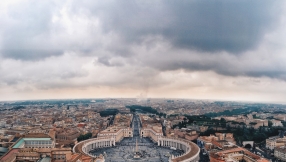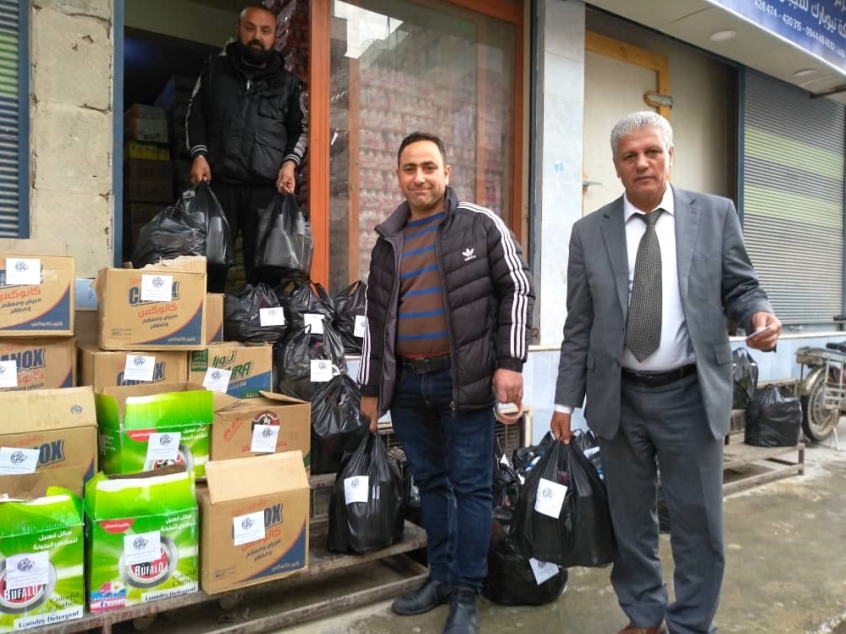
With much of the Middle East in lockdown, life is especially grim for many of the region's Christian minorities - often passed over when aid is distributed.
Hana works for a Christian group in the region, supplying aid to the local Christians.* She shares the story of her rounds with Jan, a communications worker for charity Open Doors, who support her work.
Hana's car stops at the edge of a small village. In front of her was a house typical for this country; white as a bride's dress. The grandfather, in his early sixties, has been a faithful pastor to other pastors for close to five decades.
Always on the move for God, always interceding, always spreading the love of Jesus, he is the type of pastor who will never retire from his calling. Despite his age, he continues to visit poor Christian families. But the coronavirus pandemic has forced him to stop.
The pastor couldn't reach his congregation anymore. Hana's team provided him with a phone and data so that he can connect with them.
Hana is greeted by the pastor's daughter-in-law. She hasn't seen her husband, who works with COVID-19 patients, in weeks.
Hana greeted her kindly, from a distance. "Is pastor Johnson* there?" asked Hana.
The woman nodded. "But he's resting."
"Okay, okay," Hana said. "I have something for your family." She put down the bag, then removed the outer cover. "We have sanitized everything. You don't have to worry. You can touch all these products."
The lady opened the gate. "Please. Come in."
Hana's heart sank. "I can't. I have been to too many other houses."
A young boy suddenly ran to his mother, and past her, to investigate the bag.
The woman must have seen the disappointment in Hana's eyes. More than anything, Hana wanted to accept the invitation to come in, have tea with lots of milk and sugar, hold hands and speak to their heavenly Father together.
"That was all she said," Hana tells me later. "She knew I wanted to have fellowship with her, but I couldn't. The risk was too high."
Hana sighs. In her culture and in an area that's so hostile towards Christians, just being together means the world. Believers face serious persecution and hostility in this Gulf country, which can't even be named; it's simply too dangerous.
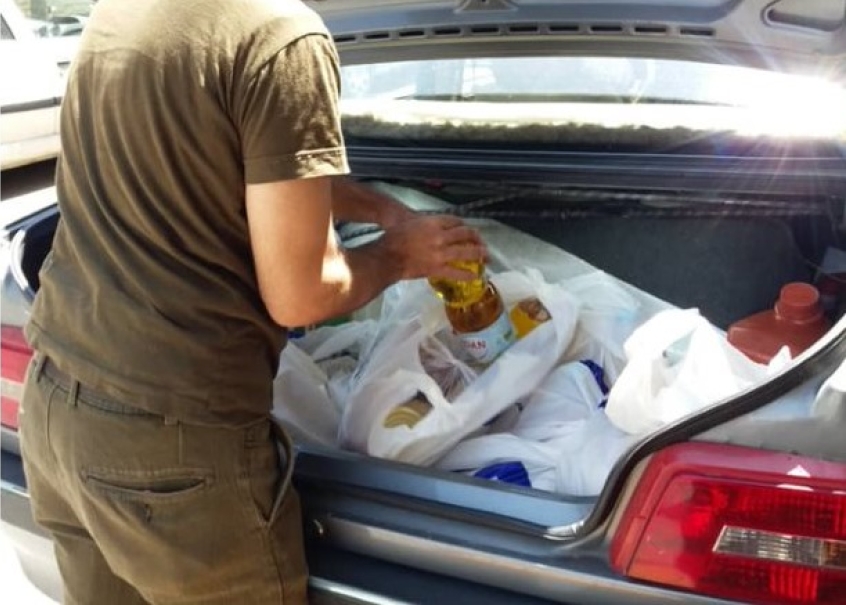
Isolated, not alone
"They were in serious trouble," observes Hana. "The husband can't come home because he may be infected at the hospital where he works. Other family members are stuck in another part of the country. The daughter is nursing a baby and can't risk going to the shops. Who was going to take care of them?"
For families like this, Hana is a lifeline. "We don't just bring them food. We bring a message: 'you are not alone'. Every bag of rice says that there is hope. We ask God to multiply whatever we bring," says Hana.
She visits another family, where the husband is suffering from mental health problems. These were the result of a brutal beating he received. As the only Christian in an area, he was falsely accused of theft and tortured.
Hana's team offered the wife vocational training to provide for her family. The wife also joined a beautician's course given by Hana's teams. It has given her access to many Muslim homes and she often prays for the women while she takes care of them.
"This is such a special and precious family," says Hana. "They are all confined to their home and have no income." As they arrive, the mother calls her children and they gather around the bags of aid. "She wants to share what she has received," says Hana. "Not just with her family, but with her community." It puts those tussles for toilet paper in the aisles of Asda into perspective.
This distribution has to be done in secret, however. "If people know there's food in one house, they could break in and rob the family. So every time I leave, I pray a prayer of protection."
Standing guard
Another stop on her rounds is a pastor's wife whose husband was away, leaving her in charge of the church. It's a duty she has taken very seriously.
"If I leave and someone comes for help and nobody is there, they will never trust the Church again," she tells Hana. Thankfully Hana is able to bring food and supplies to the woman, rewarding her loyalty to the church's witness.
I ask Hana how she is dealing with the crisis. "Work has tripled. It's hard." At the same time it's very special to see how God has prepared this team. The team members are like a bow and arrow in God's hands."
The tragedies they hear about are shocking. "The brutalities that are happening are too gruesome to be put in print," she tells me. "And we are being watched; I have to protect the people I work with."
Hana has received her fair share of discrimination and contempt. "I contacted an agency that's responsible for aid distribution and asked them to supply Christians with rations as well. But the man on the phone blatantly refused. 'This food has been paid for by Islamic taxes,' he told me."
It's because of these attitudes to Christians that her food distribution programme is about much more than just food; it's very much about bestowing dignity.
"There is one thing you should know about this crisis," Hana adds. "Here, in this country, we're not suffering because of a virus, or even because of hunger. We are suffering for the sake of Jesus. Thank you for those of you who are praying and supporting us. You are truly standing with us."
* The country, and everyone in the story cannot be named for security reasons.
Learn more about the work of Open Doors UK & Ireland to support persecuted Christians around the world.
